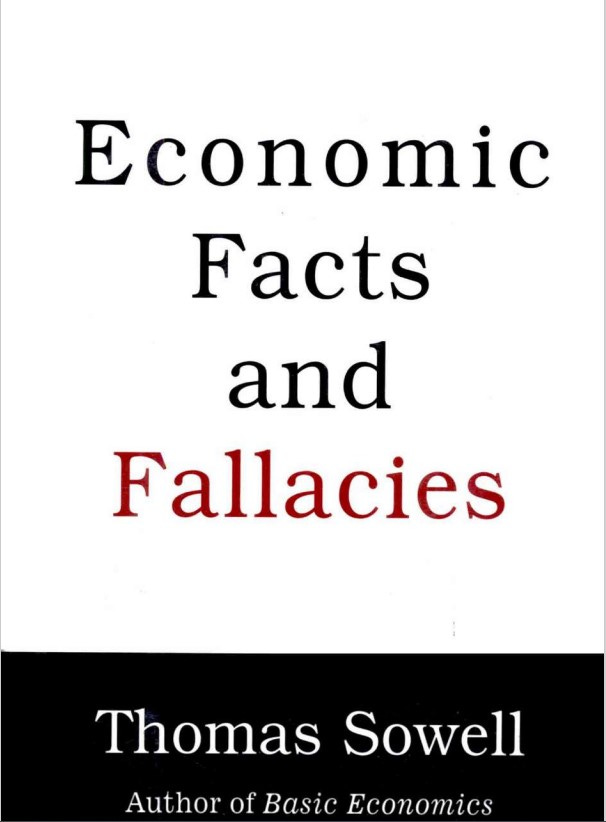Greetings Prosperous Souls,
I’ve been reading through Thomas Sowell’s Basic Economics. It’s a sizable volume, and I’ve had to take a few breaks and read some smaller books.
One of these shorter “breaks” was another volume by Sowell, Economic Facts and Fallacies.
There are so many sections of this piece that I want to highlight, but for the sake of time, I’ll focus on one: Why do some countries remain poor, even after absorbing large amounts of foreign aid?
Sowell points to several reasons: 1) geography, 2) demography, 3) government corruption, and 4) history and culture. This idea of culture, which I also interpret as attitudes and beliefs, is what I’d like to explore.
At Prosperous Soul, we believe that people can only change their money habits once they’ve first healed their beliefs. In other words, fixing your attitude happens before lasting prosperity.
Sowell points out that you can have all the wealth in the world, but if you don’t have the knowledge necessary to steward that wealth, you’ll eventually fall into poverty.
Sowell argues this beautifully, and echoes many arguments I make, which causes me to wonder if he’s read my book. 😉
Here’s an excerpt from Economic Facts and Fallacies, which tackles the subject of how certain nations rise from poverty… and others don’t. It’s a long section, but bear with me; it’s powerful.
Thomas Sowell on impoverished countries
In short, many of the problems of very poor countries are internal…
… This conclusion is reinforced by the history of very poor countries that rose rapidly to higher economic levels, such as Scotland in the eighteenth century, Japan in the nineteenth century and China in the late twentieth century. In all these cases, they raised themselves economically through internal changes, brought on by the recognition that such internal changes were necessary.
In the case of Scotland, it was the rapid spread of education and the English language. In the case of Japan, it was a national obsession, which included sending many Japanese young people to study in the more industrialized Western nations and bringing Westerners with industrial skills to Japan.
In China, it was the successive lifting of government restrictions on their economy and the opening of it to international business and investors. In none of these cases were there massive government-to-government transfers of wealth. Other examples of dramatic rises out of poverty, such as Singapore and South Korea, were likewise based on internal changes deliberately undertaken.
So, in Sowell’s words, poverty is not an end-all situation. If your nation is poor, you can cause an internal change that brings it out of lack and into breakthrough.
The key is to realize is that change is possible. You’re not stuck with labels. You can grow. All you need is a shift in mindset, and a lot of hard work.
And that’s it!
As you go through this week, consider: Are you where you want to be financially? Or are there attitudes or mindsets impeding your growth?
If there’s a destructive mindset holding you back, ask the Lord to remove its presence. Then see what He wants to give you in exchange.
Write down whatever the Lord gives you and pray it over yourself in the coming days. Finally, decide what, if any, internal changes need to occur to experience what the Lord desires for your life.
God bless your Prosperous Soul,
Stephen K. De Silva
About: Stephen K. De Silva is an author, speaker, and financial coach. From 1995 until 2017, he served as the CFO of Bethel Church, and a member of the senior leadership team. Stephen’s blend of experience, training, and gifting make him a pioneer in the subject of money. You can reach Stephen at hello@prosperoussoul.com






Smart man with a great last name! 😆